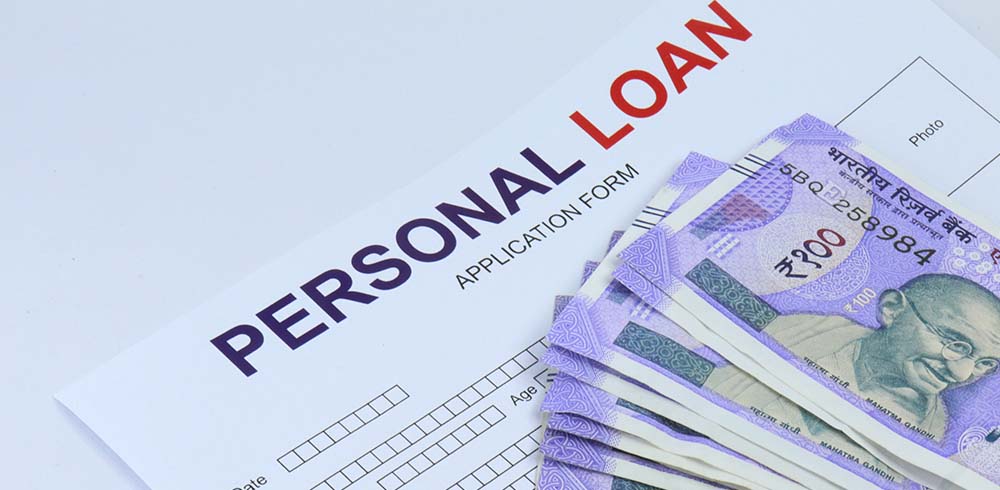Loans are a popular choice among borrowers who need quick access to cash for various reasons, like paying off credit card debt. Before applying for a loan, it is crucial to understand the different options and payment modes. You must opt for Personal Loans only after understanding the content in the agreement’s fine print. This article will explore the essential details you need to know to make informed decisions.
Contents
What is a Loan Agreement?
It is a legal contract between a borrower and a lender outlining the terms and conditions. It specifies the amount, interest rate, repayment period, and additional fees or charges. It also includes the consequences of defaulting, such as late fees, and can impact your credit score. It is a legally binding record that should not be taken lightly.
Understanding the Interest Rate
The interest rate is the most critical detail when taking out a loan. It is the percentage that the lender demands for using the money. The interest rate varies depending on the borrower’s credit score, income, and the amount. A high credit score and income can help you secure a lower interest rate, while a low credit score and income may result in a higher interest rate. Before signing the agreement, understand the interest rate and how it will influence your monthly payments
Repayment Terms
The repayment terms are another critical factor to consider. The terms specify how long you must repay and the monthly repayment amount. It is essential to choose a repayment term that is feasible for your budget and financial situation. Longer repayment terms usually result in lower monthly payments but can result in paying more interest. Shorter repayment terms result in higher monthly payments but can save you money on interest in the long run.
Additional Fees and Charges
In addition to the interest rate, loans may incur additional fees. These include application fees, origination fees, prepayment penalties, and late fees. Application fees are charged to process your application, and origination fees are charged for setting up. Prepayment penalties are levied if you pay off early, and late fees are charged if you miss a payment. Read the agreement carefully to understand all the associated charges.
Consequences of Defaulting
Defaulting can have severe consequences, such as damage to your credit score, collection efforts, and legal action. If you cannot make your monthly payments, contact your lender immediately to discuss your options. It is better to be proactive and communicate with your lender than to ignore the problem and risk defaulting.
Collateral Requirements
Personal Loans can be secured or unsecured. A secured one requires collateral, an asset the lender can take away if the borrower fails to repay. Common forms of collateral include homes, cars, and other valuable property. Unsecured loans do not require collateral but come with higher interest rates. Understanding whether it requires collateral and the consequences of defaulting is crucial.
Early Repayment Options
Some agreements may offer early repayment options, which allow you to pay off before the end of the repayment term without incurring a penalty. Early repayment can help save money on interest and reduce your debt load. However, not all lenders offer this alternative, so read the agreement carefully and ask your lender if you are unsure. If early repayment is essential in your decision-making process, consider comparing different options to find the best fit for your needs.
Personal Loans are a valuable tool for managing your finances and achieving your goals. However, it is essential to understand the fine print of your agreement to make informed decisions and avoid potential financial pitfalls. By taking the time to understand these critical details, you can make a confident decision that aligns with your financial goals and budget.

